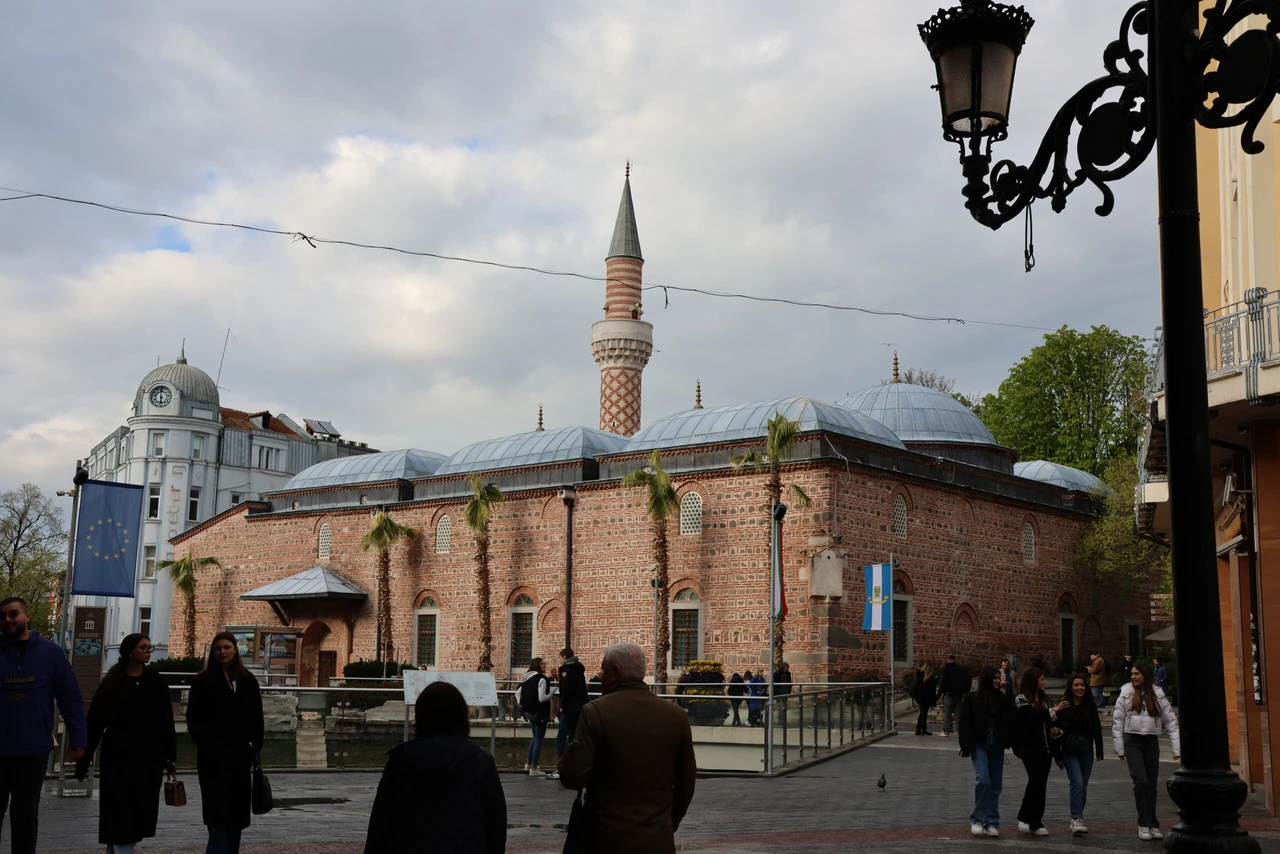Censorship imposed on news that would put the country in a difficult situation during Gallipoli Wars
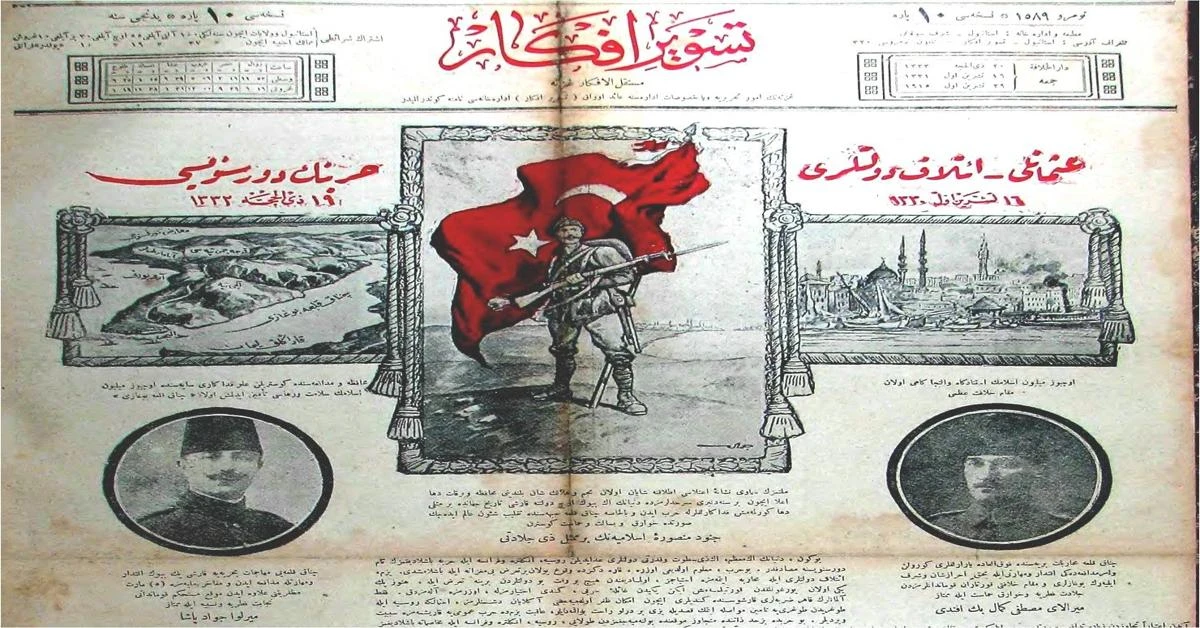
The Battle of Gallipoli was a propaganda war as well as an armed struggle; the intelligence bureau of the Ottoman General Staff censored news that would put the country in a difficult situation
EXCLUSIVE BY IHA – Canakkale Onsekiz Mart University (COMU) Faculty of Humanities and Social Sciences, Department of History Lecturer Mithat Atabay said that during the Gallipoli Land Wars, was a propaganda war at the frontlines. Newspapers and magazines were censored for news that went against the Ottoman Empire. Atabay also stated that journalists who did not comply with this were intimidated that they would be sent to the most violent battlefields of Canakkale.
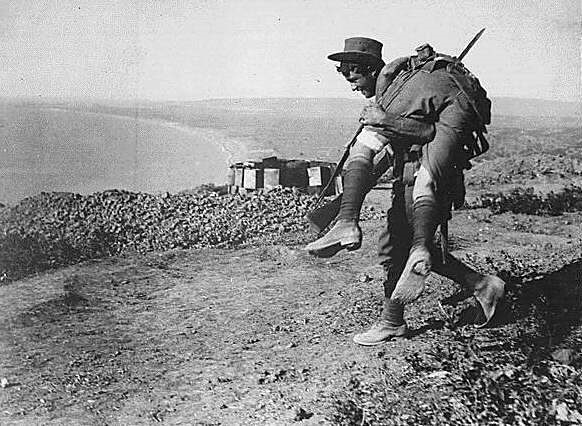
109 years ago, in the Gallipoli Wars, which went down in the history of world warfare as the “last gentlemen’s war,” there was a propaganda war as well as an armed struggle. During the war, the Allied Forces and the Ottoman Empire used countless propaganda brochures and methods.
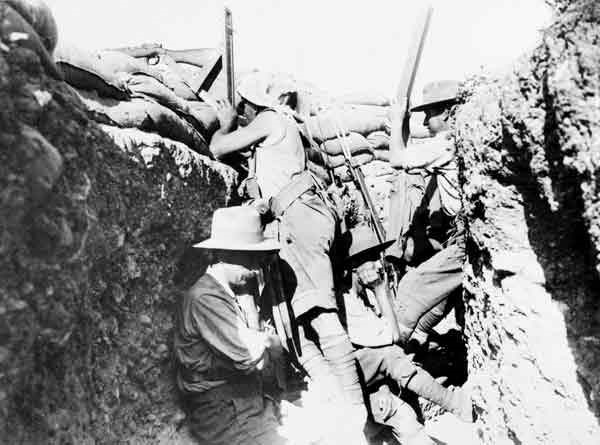
During the fierce Gallipoli Land Battles on the Gallipoli Peninsula, propaganda leaflets with texts in Turkish and English were dropped into the trenches from airplanes and by volunteer soldiers. The propaganda found at the frontline was seen in newspapers and magazines. COMU Faculty of Humanities and Social Sciences, Department of History Lecturer Mithat Atabay explained the effects of the propaganda during the Gallipoli Wars.
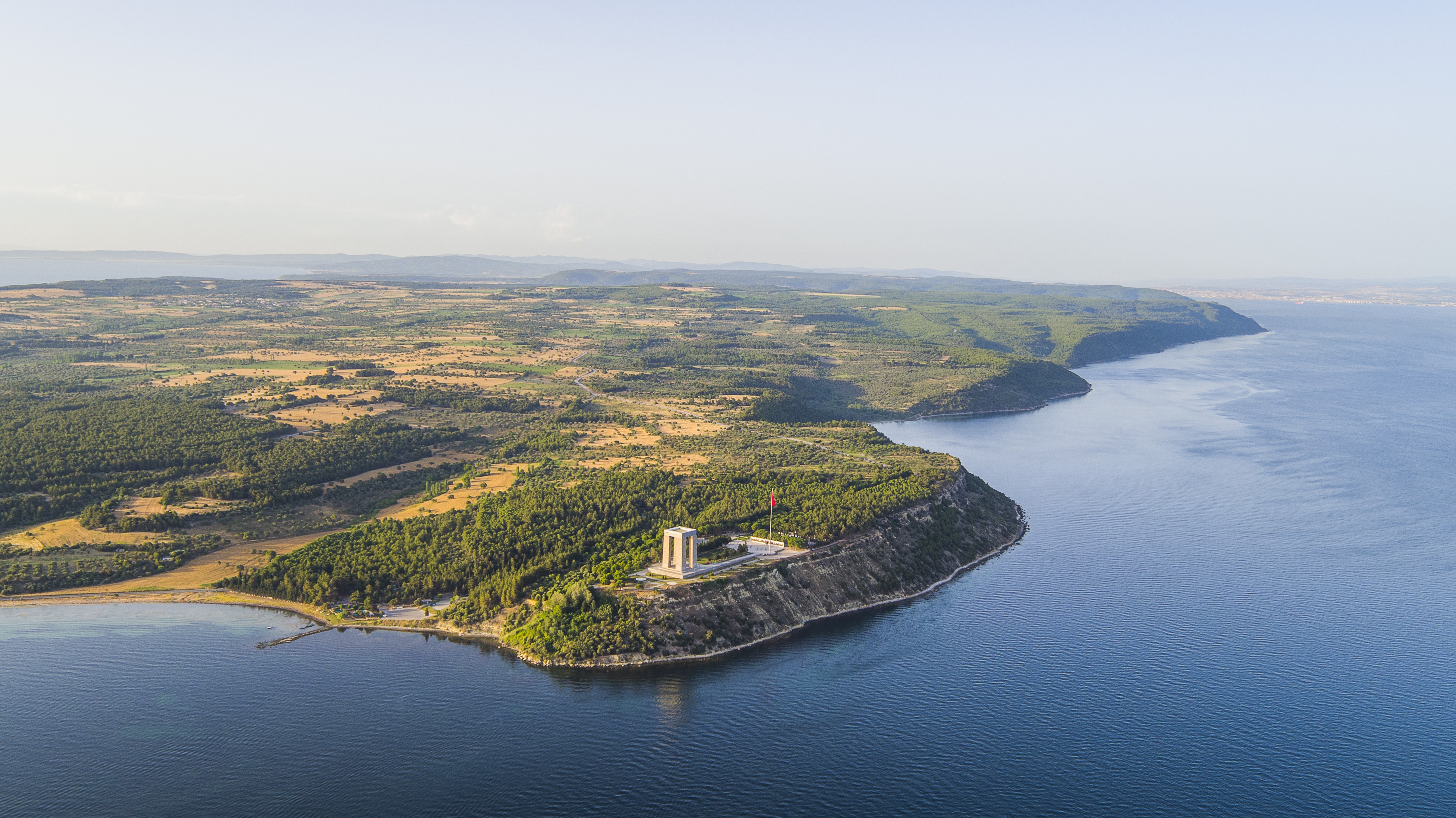
Atabay said in addition to the propaganda war on the frontlines of the Gallipoli War, that: “During the Gallipoli Wars and World War I, the press played a very important role. It was seen that the Germans were very effective in propaganda, especially in the Ottoman Empire. In addition, both the paper and the ink for the newspapers and magazines published during the war came from Germany. Consulates and embassies of countries that were not allied with the Ottoman Empire but did not participate in the war were active in Istanbul. In order to eliminate their influence on the war, an order was issued banning the entry of foreign newspapers and magazines into the Ottoman Empire. Officers and censorship committees were sent to customs and border gates. In this way, they monitored everything that came in printed form. In addition, censorship boards, which were also established in Istanbul, checked newspapers and magazines before they were published. Anything that did not pass through the hands of that censorship board would never be published in newspapers and magazines. For this reason, newspapers in that period were published twice, once in the morning and once in the evening.
Since newspapers at that time passed through the censorship board, we see that the news was very similar to one another. It is even seen that if they did not comply with this, then the journalists were intimidated that they would be sent to the most violent battlefields of Canakkale. The aim was not to include news that would put the country in a difficult situation. Especially Romania, which had not yet entered the war with the Ottoman Empire. Bulgaria at that time, for example, was an ally, but at first it seemed to be independent. Foreign newspapers and magazines entered the Ottoman Empire through their consulates, as international conventions allowed them. Propaganda against the Ottoman Empire in foreign countries could only enter the country in this way. At that time, the Intelligence Bureau of the Ottoman General Staff operated as an office that organized these issues. In fact, when photographs of Mustafa Kemal and Cevat Pasha were published in the newspaper Tasvir-i Efkar on October 29, 1915, we see that this was a news item that had been avoided due to the fact that the owner of the newspaper at the time was a member of parliament. The Director of Intelligence threatened to send the journalists who wrote that news item to the front and to close the newspaper. However, since the owner of the newspaper was an MP, the newspaper Tasvir-i Efkar could not be closed and these journalists were not sent to Canakkale.”
Newsroom: Source & IHA


